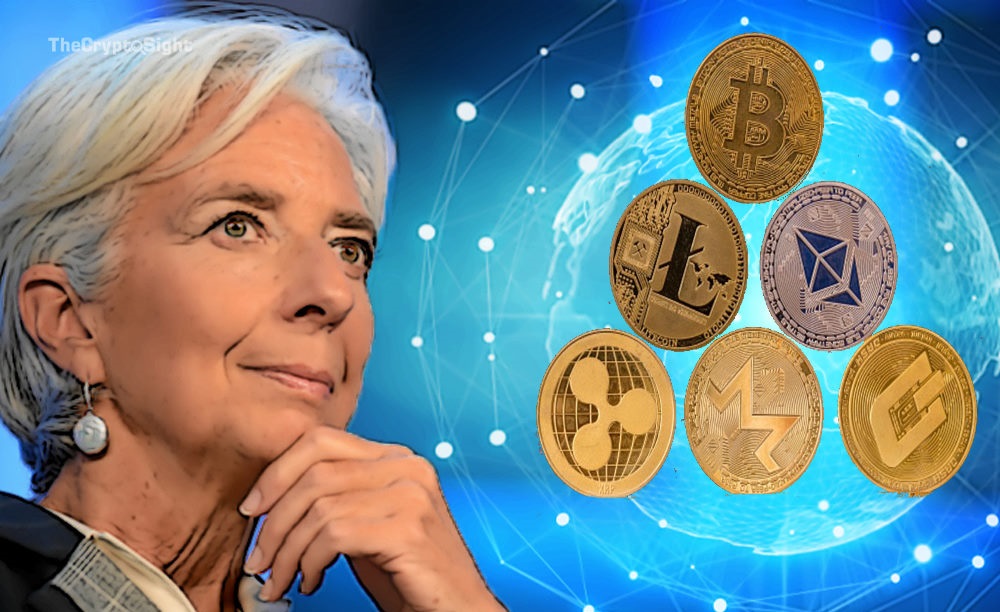In 2019 the world was on a date with an innovative and different project from the social networking giant Facebook, where Mark Zuckerberg announced with an alliance of 27 international and financial institutions their plan to launch The non-profit Libra Foundation, and the creation of a new digital currency in 2020 bearing its name, powered by blockchain technology, targeting more than a billion people in this world who do not have a bank account to offer them easy and low-cost solutions for their financial transfers
Although this project was subjected to a fierce wave of attack worldwide, American and European, what we are interested in in this scene is the result of throwing the stone into stagnant water, so I think The cryptocurrency world and its fans and followers owe Facebook a thanks.

This project has made the public authorities in many countries fear that they risk being left behind and the coming future strongly. They finally woke up to the importance of the topic, and perhaps those authorities heard the many calls of Christine Lagarde Since 2018, to keep pace with the winds of change by issuing digital currencies, especially after assuming the presidency of the European Central Bank in November 2019, but perhaps more than that, moving from the angle of attack on the idea of digital currencies to the angle of adopting and discussing the idea, but more than all of that and more, by moving directly to Inside the cryptocurrency stadium
as the European Central Bank announced, Tuesday, January 21st, the formation of a group that includes a number of central banks, in order to exchange experiences and that they are evaluating economic options and studying possible cases of issuing digital currencies. Especially for each central bank in its local area, provided that this body consists of the banks of England, Japan, Sweden, France, Switzerland and the European Central Bank in addition to the Bank for International Settlements, and this group is headed by the French banker Benoit Corrie, who also heads the Bank for International Settlements initiative for digital currencies, in addition to a deputy governor Bank of England John Cunliffe
the new bloc is absent from a major economic player, but is watching with caution. The Federal Reserve has so far distanced itself from the issue of issuing a digital currency, as Treasury Secretary Stephen Mnuchin said that Federal Reserve Chairman Jerome Powell does not see a need for the United States to create a digital currency in the near future, however, Powell said that the Federal Reserve is monitoring the activities of other central banks to determine the potential benefits of issuing digital currencies.
It is also noteworthy that the People's Bank of China is absent from that body, although it is preparing to become the first major central bank to issue a digital version of its currency as China seeks to develop what is known as the yuan Sovereign
So, we summarize the scene with a blockchain (if you will), carrying a ...









































